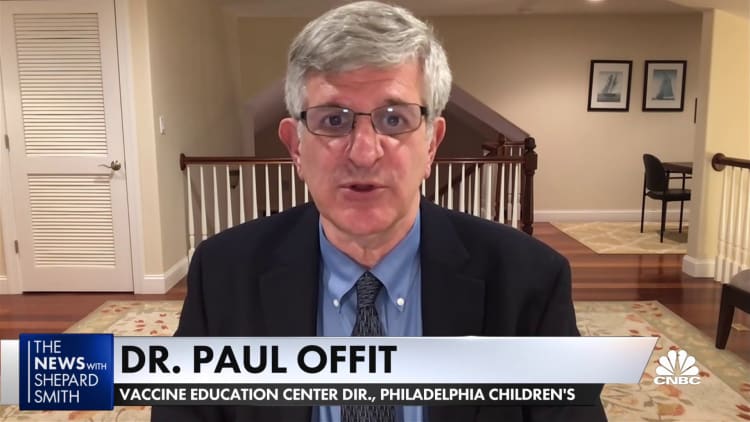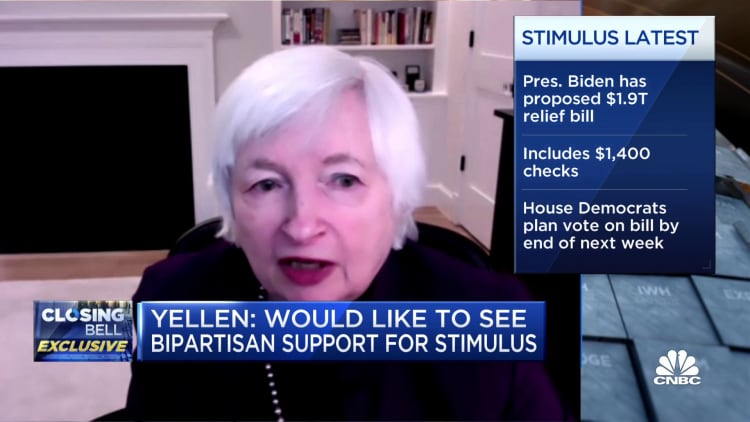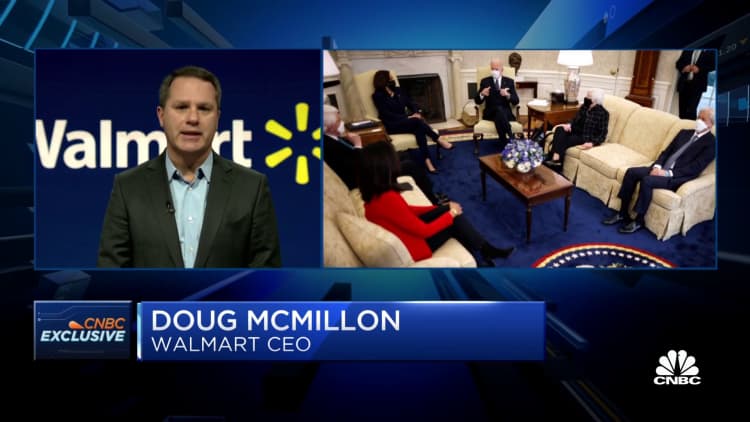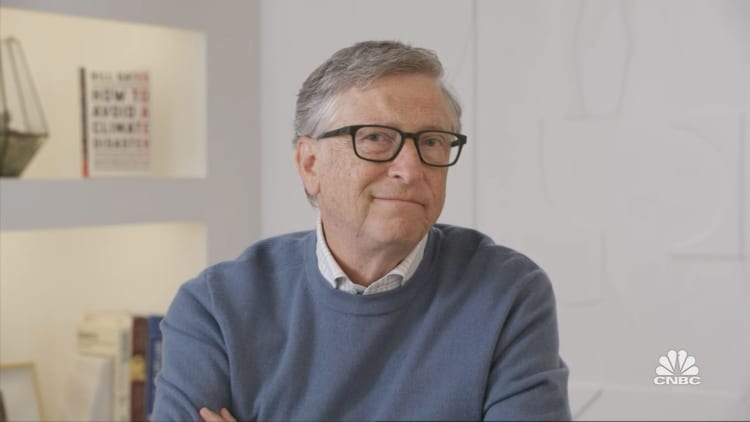Concern is growing around Covid-19 virus variants in the U.S. as mutations threaten to disrupt the country's efforts to reduce the spread and to get vaccine doses into arms. The Biden administration is investing in sequencing efforts to detect and confirm virus mutations, and researchers continue to test whether established treatments and vaccines will be effective against the various strains.
Here are some of the biggest developments Thursday:
The U.S. is recording at least 77,000 new Covid-19 cases and at least 2,060 virus-related deaths each day, based on a seven-day average calculated by CNBC using Johns Hopkins University data.
The following data was compiled by Johns Hopkins University:
- Global cases: More than 110.18 million
- Global deaths: At least 2.43 million
- U.S. cases: More than 27.88 million
- U.S. deaths: At least 492,646





